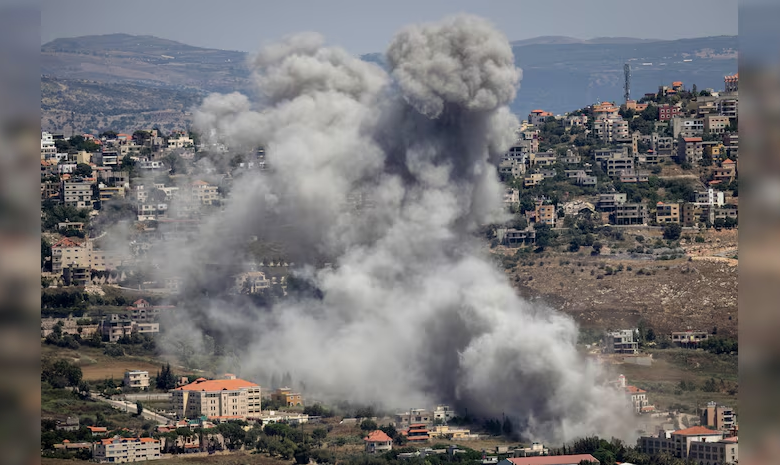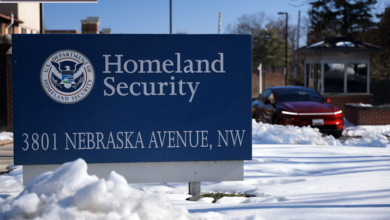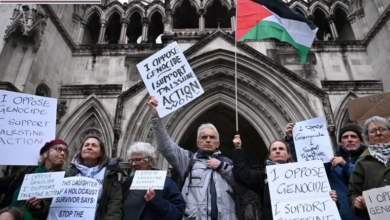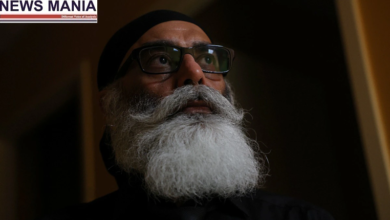Israel-Iran Tensions Escalate: Potential ‘New Phase’ in Conflict as Hezbollah and Allies Threaten Strikes

News Mania Desk/Agnibeena Ghosh/5th August 2024
The ongoing conflict between Israel and Iran, compounded by the volatile situation in Gaza, is teetering on the brink of a significant escalation. The assassination of top Hamas leader Ismail Haniyeh on July 31 in Tehran has sparked a flurry of threats and military preparations that could see the war enter a new, more dangerous phase.
Iran, alongside its allies Hamas and Hezbollah, has vowed “severe revenge” for Haniyeh’s killing. This event has heightened the already fraught relations in the region, with the United States stepping in to bolster Israel’s defenses. The assassination, attributed by Iran to Israel’s “terrorist Zionist regime,” involved a short-range projectile in Tehran. Israeli Prime Minister Benjamin Netanyahu responded by stating that Israel is engaged in a multifront war against what he termed Iran’s “axis of evil.” Although Israel has denied any involvement in the killing, the accusations have intensified tensions.
In response to Haniyeh’s death, Iran warned Arab diplomats from Lebanon and Jordan that it would retaliate against Israel, even at the cost of triggering a war. This potential conflict could see simultaneous attacks on Israel from Hezbollah in Lebanon, the Houthis in Yemen, and Iran itself. The U.S. Secretary of State Antony Blinken has indicated that such an attack could commence imminently.
The situation worsened with the killing of a senior Hezbollah leader in Lebanon last week, prompting Hezbollah leader Hassan Nasrallah to declare that the war with Israel had “entered a new phase.” This statement underscores the gravity of the situation and the likelihood of further escalation.
The U.S., recognizing the severity of the crisis, has deployed additional forces to the West Asia region and is urging Israel to intensify negotiations for a ceasefire in Gaza. Despite a protracted 10-month conflict, efforts to broker peace have been stymied, with each side accusing the other of shifting demands. Amid these diplomatic challenges, the Group of Seven (G7) nations’ foreign ministers convened via video conference on Sunday to discuss the escalating regional crisis.
In Israel, the anticipation of potential strikes has led to widespread preparations. Citizens are readying bomb shelters, and the country’s security establishment is considering preventive actions, including potential strikes in Lebanon. The Times of Israel reported that the security forces are on high alert, assessing the likelihood of attacks and preparing for various scenarios.
This rapidly evolving situation has drawn global attention, with fears of a broader conflict reminiscent of a “World War 3 teaser,” as some social media commentators have termed it. The assassination of Haniyeh has not only inflamed regional tensions but also demonstrated the fragile state of peace and security in the Middle East.
The coming days will be critical in determining whether diplomatic efforts can de-escalate the situation or if the region will plunge into further conflict. As both sides prepare for possible hostilities, the international community watches closely, hoping for a resolution that can avert further bloodshed and instability.






